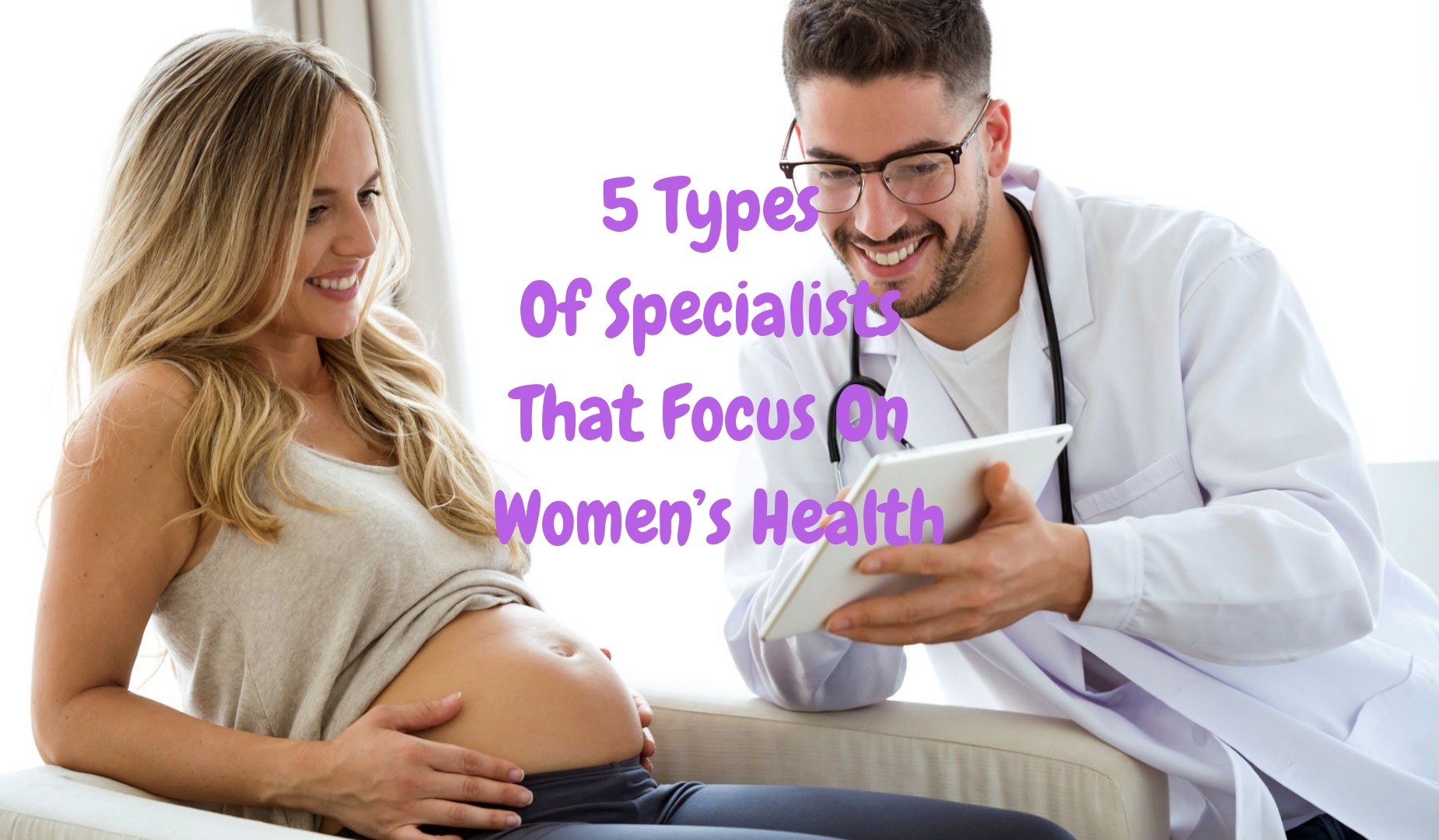You may have read or heard of medical horror stories from the 18th and 19th centuries where women had to go through horrendous treatments that don’t even address the root cause of their illnesses. Fortunately, the field of medicine has come a long way and today’s generation of women can enjoy the expertise of specialists from various fields.
The current coronavirus pandemic highlights the importance of your health, regardless of age and socioeconomic status. Whether you’re a career woman, student, full-time mom, wife, or juggling all these roles together, you should take good care of your well-being.
The best medical advice that you should follow is to visit your doctor regularly to spot early symptoms of diseases and prevent further damage to your body. With this, you should know the different specialists that can help women boost their health, such as the following:
- Gynecologist
It goes without saying that gynecologists are the primary specialists that every woman should visit regularly. This type of doctor specializes in the female reproductive system.
Gynecologists are the ones you should consult when you have hormone disorders and Endometriosis symptoms. They can also help you with fertility issues, sexually transmitted infections (STIs), family planning, and even gastrointestinal and urological problems.
Some women may be more comfortable with their gynecologist rather than a general physician. This won’t pose any problems since the former focuses on women’s overall health.
- Obstetrician
An obstetrician, on the other hand, specializes in caring for women who are planning to have a baby, as well as those who are already pregnant. They’re also the ones who assist mothers during childbirth and after delivery.
Some doctors are also trained in both obstetrics and gynecology. As such, they’re called obstetrician-gynecologists (OB-GYN). These specialists can perform minor procedures, like genital tract lacerations, as well as major surgeries, such as caesarian deliveries.
- Breast Care Specialist
Breast cancer is a terminal illness that significantly affects women. Growing older and inherited genetic vulnerabilities are risk elements that you can’t change. Knowing this, you have to get in contact with a breast care specialist to ensure that you can spot early symptoms and receive proper guidance on the steps to take if you’re particularly susceptible to developing this disease.
Aside from scheduling a trip to the breast care specialist at least twice a year, you must also perform self-checks regularly. This way, you can detect any changes on your chest area.

Here are the symptoms that you should watch out for:
- Lump or Mass – The formation of a lump or mass is a primary indicator of breast problems. While you might not be experiencing pain because of it, you shouldn’t ignore this development and see a specialist immediately.
- Swelling – Visible changes in the shape of your breast can be a sign that lumps have formed beneath them. Check the area under your arms and feel your lymph nodes as these may swell even before the tumor grows large enough to be felt with your hands.
- Discharge – Fluids that leak from your nipples other than breast milk is alarming, particularly if the discharge emerges without applying external force or squeezing. It can be clear or reddish due to blood.
- Skin Changes – Puckering, dimpling, and being prone to irritation on the breast’s skin is also an alarming sign and should be seen by your doctor.
- Nipple Inversion – While some women have inverted nipples since birth, you should be wary if this is a recent development. There are tumors that affect the breast ducts, which can cause the inversion.
- Cardiologist
The modern woman’s diet and lifestyle make her prone to heart problems. Office jobs that entail sitting on your desk the entire day can be detrimental to your health. On the other end of the spectrum, highly stressful professions, like being a lawyer or paramedic, can take its toll on your cardiovascular system. With this, you should see a cardiologist to help you monitor your heart rate and give you tips on the right kinds of food to eat.
- Psychologist
According to the World Health Organization (WHO), women are more susceptible to developing mental health problems, such as anxiety and depression. Moreover, these issues often manifest physically through heart diseases and cancer, which makes them all the more sinister.
A woman’s health is more than just the physical. You also have to take care of your psychological well-being. If you’re feeling stressed out or depressed, you should look for a psychologist who can help you sort through your emotions and guide you to the way of solving these issues.
Conclusion
Since diseases don’t target a specific gender, both sexes should find medical professionals who can help them take care of their bodies. Women, in particular, must find a gynecologist for their reproductive health and an obstetrician if they’re planning to have a baby or are on the way to having one. Other experts that you should consult include breast care specialists, cardiologists, and psychologists.
